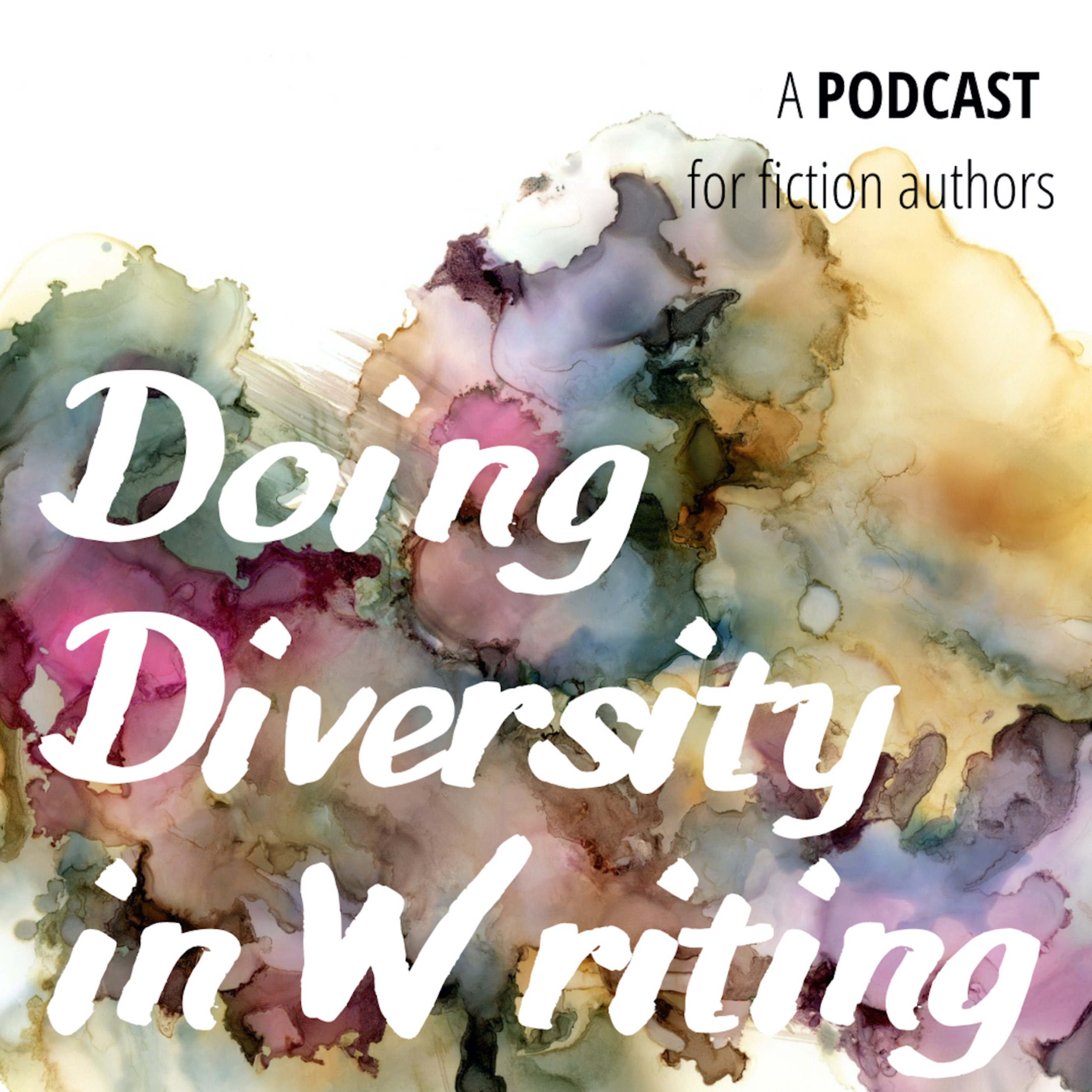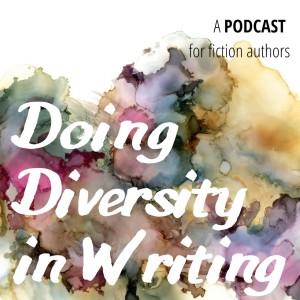
2.3K
Downloads
31
Episodes
How do we write diverse characters in fiction? What are the do’s and don’ts of writing race, gender, ethnicity, class, sexuality, religion, origin, ability, age, appearance, and so on? Join Bethany A. Tucker and Mariëlle S. Smith as they explore why representation matters and how we, as writers and editors, can do better.
Episodes

Thursday Dec 02, 2021
Season 1 Episode 10 - Racial and Gendered Language
Thursday Dec 02, 2021
Thursday Dec 02, 2021
In this episode of Doing Diversity in Writing, we—Bethany and Mariëlle—continue our conversation about marking the unmarked.
In this second episode on marking the unmarked, we discuss:
- the importance of being conscious about the language you use AND how you use it
- that language is forever changing and we need to keep up with it
- how the gendered (and racial, etc.) use of language demonstrates the inequality of language
- how conscious use of gendered (and racial, etc.) language can elevate your characters and story world
Some quotes from this week’s episode:
“I don’t think we can go around judging ourselves and others for something we don’t know, unless we’re going out of our way to remain ignorant.”
“Apparently it’s OK to include women when using a male, unmarked noun, but it’s not done to include men when using a female, marked noun.”
“We need to know what kind of language our characters would use and think. How do they use gendered [or racial] language? How do they feel about such language? What are they signaling with its use or avoidance? If you are writing a futuristic society, have they done away with such language? Or have they doubled down on it? What can you say about a society through the use of grammar and grammatical markers without saying it aloud?”
“The language employed in a scene or entire story can designate rank and social values without ever actually acknowledging something.”
“One way to handle difficult language, such as gendered or racial language that you yourself do not agree with would be to allow the characters’ dialogue to contain such language, but, as long as they are not the narrator of the story, strip out any such usage from the narration of events.”
“I think of languages like a plant, some new leaves grow, some old leaves fall away.”
And here are the (re)sources we mentioned on the show:
- “7 Racist Slurs Which You Should Probably Drop From Your Vocabulary”: https://aninjusticemag.com/7-racist-slurs-which-you-should-drop-from-your-vocabulary-885c56ba97ae
- Online Etymology Dictionary: https://www.etymonline.com
- The Danish TV series Rita: https://en.wikipedia.org/wiki/Rita_(TV_series)
- Mariëlle’s undated 52 Weeks of Writing Author Journal and Planner, Vol. III: https://mswordsmith.nl/journal
This episode’s webpage can be found here: https://representationmatters.art/2021/12/02/episode10
We don’t have any bonus material this week, but please go fill out our questionnaires if you haven’t already:
Our Doing Diversity in Writing – Writer Questionnaire can be filled in at https://forms.gle/UUEbeEvxsdwk1kuy5
Our Doing Diversity in Writing – Reader Questionnaire can be filled in at https://forms.gle/gTAg4qrvaCPtqVJ36
To be the first to know when our next episode drops, subscribe to our newsletter here: https://landing.mailerlite.com/webforms/landing/r3p6g8
Don’t forget, you can find us at https://representationmatters.art/ and on https://www.facebook.com/doingdiversityinwriting

No comments yet. Be the first to say something!